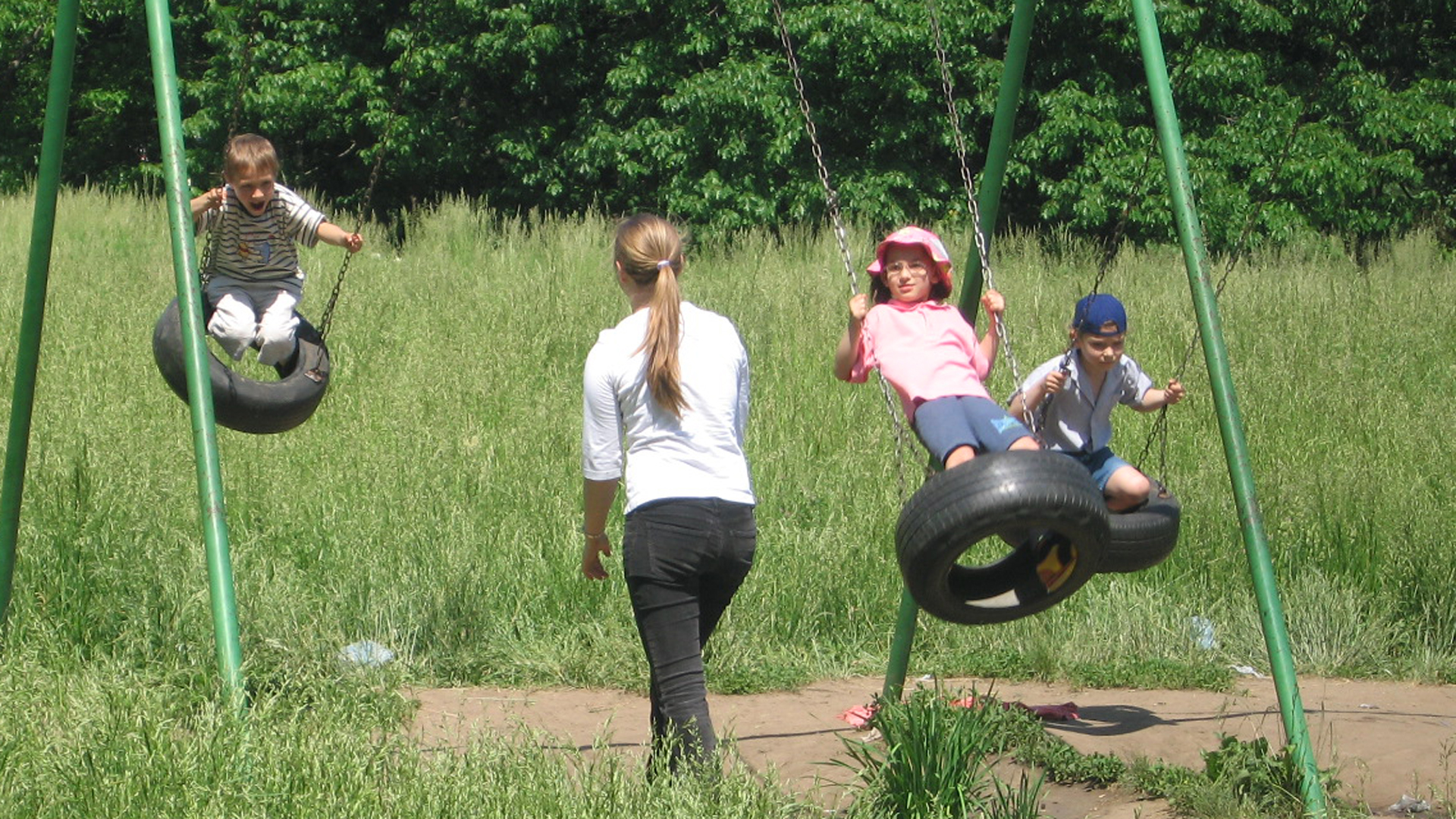
Empowering care leavers of the Cahul residential institution to successfully integrate into mainstream education, the labour market and the community
24.11.2010 — 31.12.2011
The project purpose
This project was a logical continuation of the first two phases of the Cahul Reorganisation Project implemented by EveryChild / Partnerships for Every Child since 2007 and was aiming to provide additional support to the youth before and after graduation, by preparing the youth for independent living and providing them with vocational education opportunities to facilitate their integration into further education and labour market.
Project goal: By end of December 2011 young people – graduates of the long-term institutional care in Cahul are provided with increased chances for their effective integration into further education, labour market and community.
Project Specific objectives:
- Orphan young people leaving long-term institutional care in Cahul have acquired skills to live independently and have been provided with further vocational education opportunities within the centre and in the community;
- Newly recruited staff has acquired skills and knowledge to support the integration of young people into further education, labour market and community;
- To have capitalized on the best practice achieved in developing leaving care programme for orphan young people and young people without parental care and to have ensured that the lessons learned are promoted for incorporation into the national policy.
Cost of the action — 147 630 euro
Project Donors:
- Medicor Foundation
- East Europe Foundation
Implementing party:
- Partnerships for Every Child
Result
Project results: there were refurbished and equipped sewing, cooking/confectionery, carpentry and computer workshops, inside and outside sport areas; vocational training and life skills guides were developed and centre’s staff trained in provision of these services; 22 children and young people were reintegrated with their parents, re-establishing relations with their parents, siblings, friends, school, and community; 14 young people were assisted to make successful transitions into adulthood and independence; 6 graduates were already successfully integrated in the society and other 8 youth who will graduate this year are being enabled to finish their studying and acquire professional and life skills.
- This paper summarises the evidence base on residential care with the aim of promoting better decision making among policy makers and child welfare practitioners regarding the use of residential care. It calls for an end to the unregulated and unplanned growth of residential care in many parts of the world, prioritising ending the use of residential care for children under three, and residential care in large scale facilities.
- When I was 10, I was taken away from my parents and placed in Cahul residential school. It was very difficult in the beginning, I wanted to go home, although I knew that nobody was waiting for me there. Soon I got used to the new place, and I made friends with many children, because they accepted my as I was, and nobody humiliated me because of my parents.
